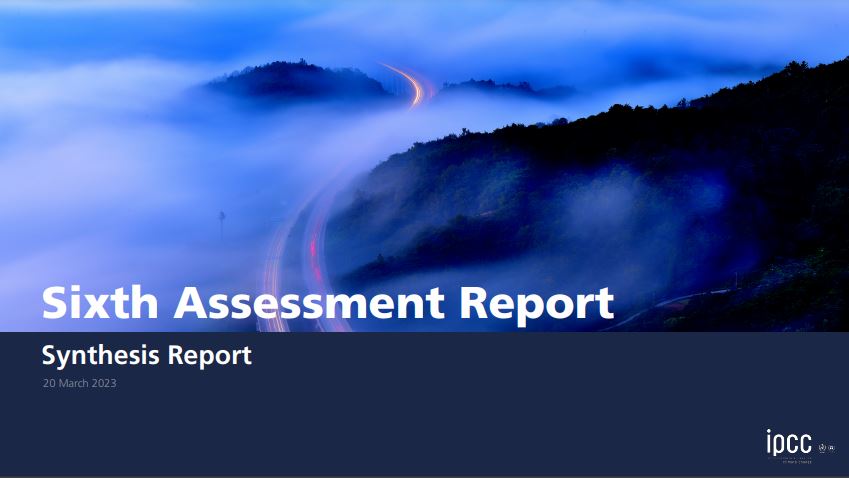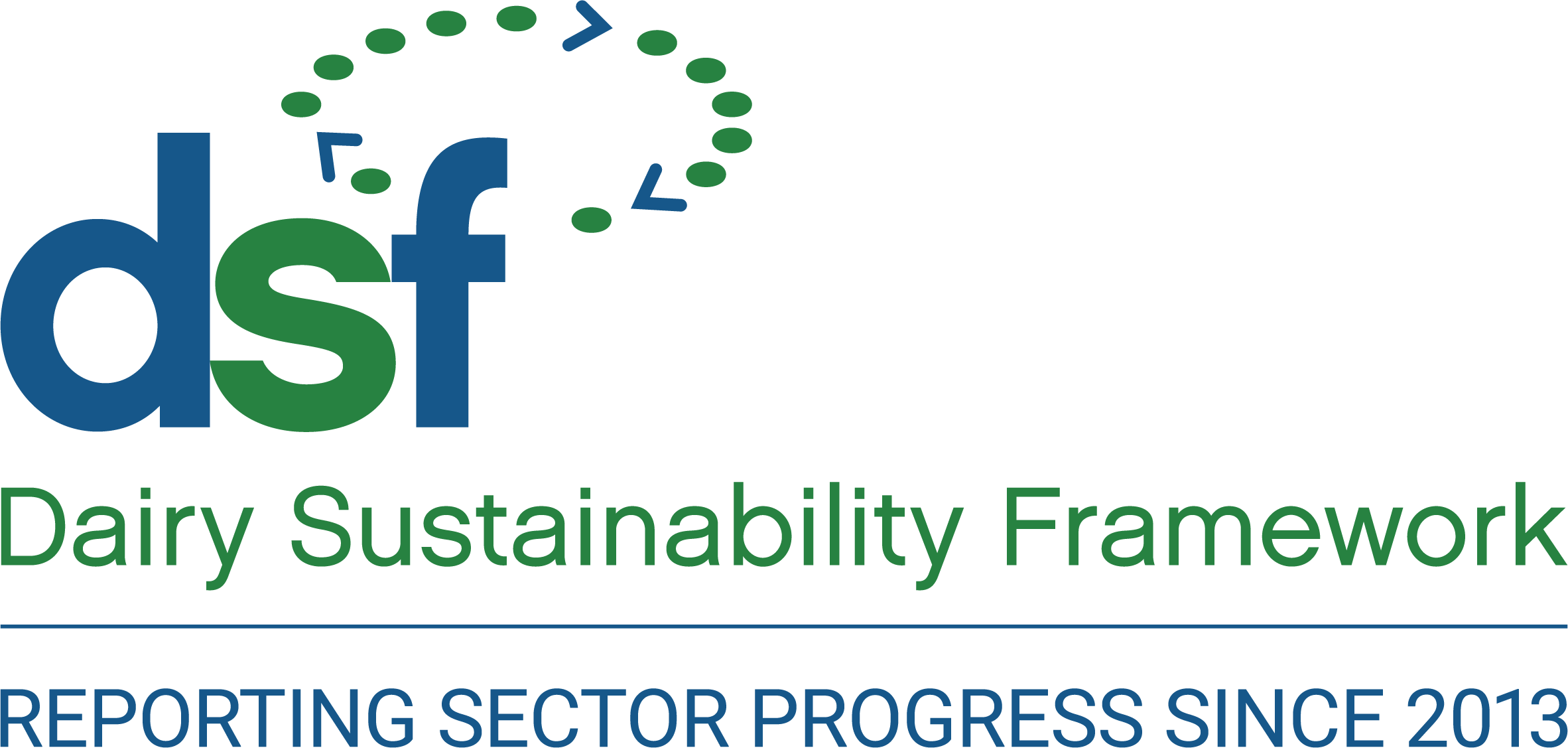IPCC releases Climate Change Synthesis Report
IPCC releases Climate Change Synthesis Report
An important report from the Intergovernmental Panel on Climate Change (IPCC), the scientific body that advises the UN on rising temperatures, has been released this month. The report is the culmination of eight years of reviewing of all climate change knowledge, carried out by hundreds of scientists and runs to thousands of pages. The message from the report is simple: act now, or it will be too late. Whilst some progress has been made, the current pace and scale of global climate actions are insufficient to tackle climate change.
The UN secretary general, António Guterres, said: “This report is a clarion call to massively fast-track climate efforts by every country and every sector and on every timeframe. Our world needs climate action on all fronts: everything, everywhere, all at once.”
More specifically on agriculture the report confirms that climate change is making food production more challenging, and with losses from extreme weather events like droughts and flooding, the challenge is likely to worsen over time. More concerning perhaps are that the losses and damages will disproportionately affect the poorest and most vulnerable populations, particularly those in Africa and least-developed countries, creating increased poverty. Whilst the report does highlight that currently 22% of global greenhouse gas emissions come from agriculture, forestry, and land use, it also emphasises that these activities can and, in some cases, do already provide adaptation and mitigation benefits that could be upscaled in the near-term across most regions. Thus, adaptation of some agricultural practices could in fact be key to contributing to the solution to climate change. Adaptations to farming would need to go hand in hand with reducing food waste, thus enabling some land to be made available for reforestation and biodiversity without impacting on food security.
A summary for policy makers is available AR6 Synthesis Report: Climate Change 2023 along with a longer report. This report will surely be central to discussions at COP 28 to ensure that integrated approaches can be found that can achieve multiple objectives.

